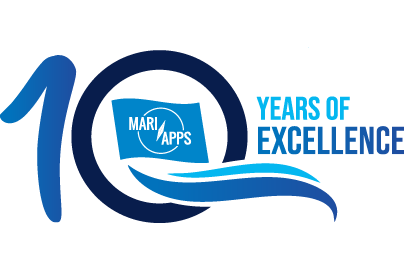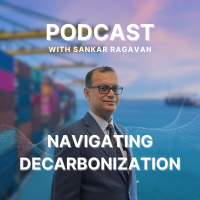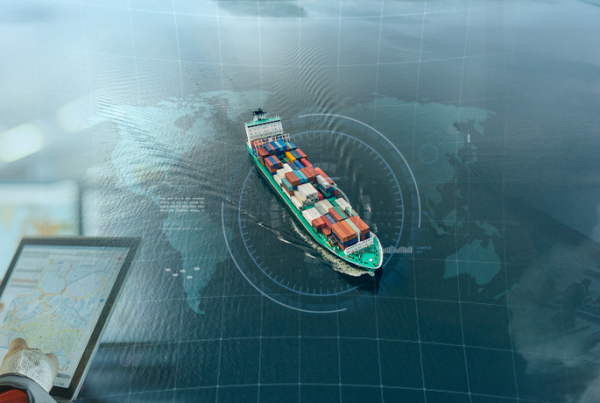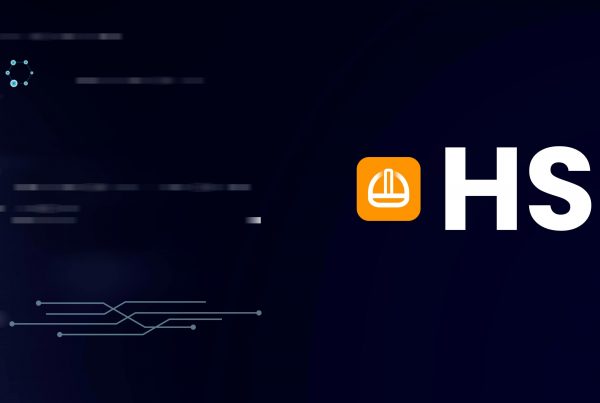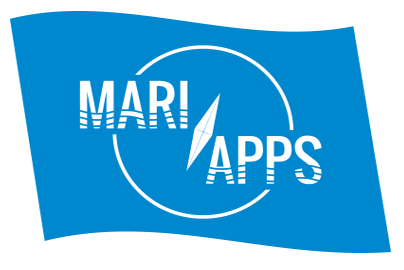World Oceans Day 2020’s theme is “Innovation for a sustainable Ocean”, reinforcing the duty for all individuals to safeguard the ocean and prevent pollution to the best of their abilities. Preserving the sanctity of the ocean is especially critical because the world depends on the sea for life and livelihood. Studies show that 50-80% of the oxygen on our planet Earth comes from the ocean. The maritime industry very much depends on the sea, garnering more than 5% of the global GDP and 90% of the world’s trade, therefore the international compliance conventions; regulations strictly implore vessels to keep precise records confirming compliance and details on measures taken to prevent pollution.
Maritime organizations across the world highlight the dire need to protect and preserve the ocean, and everyone is responsible as a global citizen, especially our vessel operators and crew who are sailing on those very oceans.
The urgent requirements to address the ever-evolving needs while having minimal disruptions to daily operations has challenged maritime innovators to produce automated solutions that can digitize activities and generate information on a single platform. Technology is challenging maritime organizations across the world to adapt to the well-tailored solutions for the clients’ needs, with the end goal of augmenting efficiency and innovation, this will then help guarantee reliable, collaborative efforts, and operational excellence. Recognizing the burden of administrative tasks and inaccuracies created by paperwork, an advanced and intelligent solution to record logs electronically could be the best suffix to increase traceability and transparency between the organization and vessel operations. For vessel operations and emission logs, an application with multi-layer security checks and authentication is essential to make the day to day logs secure and reliable. It is further fueled by IMO and MARPOL’s urges to install mandatory software on each vessel to document the emission data and facilitate record-keeping process digitally approximately by January 1st, 2021.
The electronic-record book will require approval by the flag administration based on the guidelines for the use of electronic record books under MARPOL. The module is intelligent, meticulous, and keeps a detailed record of the vessel data and maintains information with a support plan and frequent feature updates.
Updating MARPOL records with the help of an application having multi-layer security checks/authentication is much necessary. Multi-layer security makes the day to day logs secure and reliable. Understanding the burden of these administrative tasks created by loads of paperwork, an intuitive and intelligent solution of recording MARPOL logs electronically, is the need of the hour.
Understanding this urgent need on May 17th 2019 MEPC adopted resolution MEPC.312(74), thus providing detail guidelines to users (onboard and shore), auditors and inspector and software developers. This resolution opens the doors for the use of an electronic record book to record operational logs is an alternative method to a hard copy record book. (Source: MEPC-74-18)
The electronic record-keeping solution will be
- Designed as per IMO guidelines
- Fully compliant MARPOL regulations in each applicable annexe
- Multi-layered security system
- Role-based access rights
- Easy and user-friendly interface
- Secure with data storage with backup and restore options
- Automatic updates to shore for additional shore-based monitoring
- Electronic signature
- Audit logging
- 24×7 support
Most importantly, the electronic record book will also maintain the record of
- Generation and Management of Bilge Water and Sludge
- Monitoring of emissions
- Cargo records for Oil Tankers
- Cargo record for Noxious Substance
- Management and disposal of garbage
- Recording of ballast operations and ballast water treatment
- Record of Ozone-depleting substance and other air pollutants
To sum it all up, the electronic record book will document the oil consumption, emissions, cargo records, garbage treatment, information, ballasting operations, and gaseous emission logs.
Digital record books increase transparency for every event onboard, ensuring credibility, and traceability of vessels and maritime organizations. Hence for a safer and sustainable ocean, digital record-keeping becomes the new normal in maritime standards.

